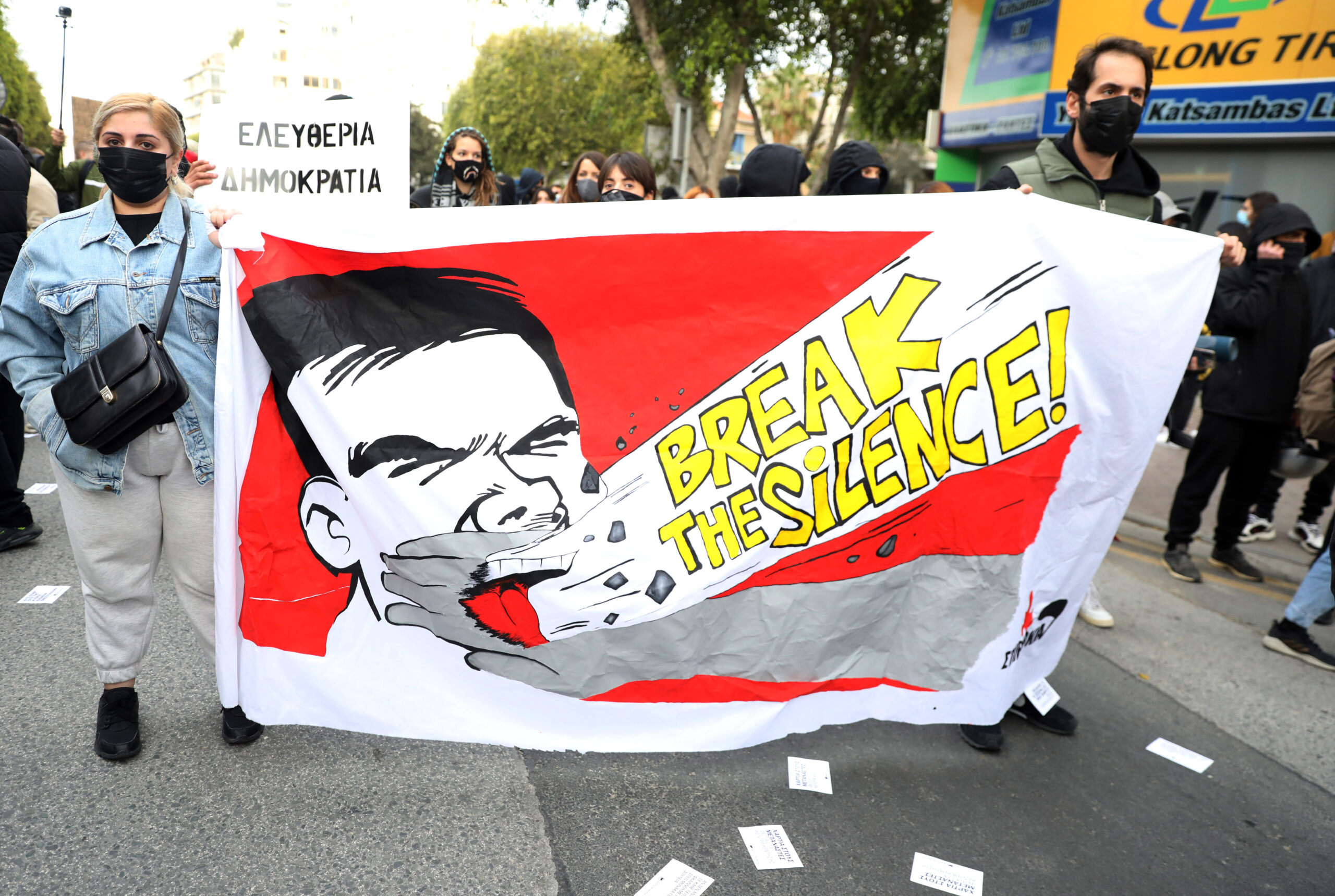Earlier in the week, President Anastasiades almost admitted he had made mistakes during his 10-year tenure but said his reforms would stand the test of time.
He didn’t ponder his political misdemeanours, but many will point to the golden passport scandal as a watershed in corrupt government.
The cash-for-passports stain has tarnished not only this government but Cyprus’ reputation as a place for doing business and equality under the law.
Aftershocks from the Al Jazeera expose still reverberate today, with cases before the court and the Cabinet revoking batches of passports regularly.
The government decided to strip citizenship from another 10 individuals, among thousands who benefited from the crooked scheme, which collapsed under accusations of corruption in November 2020.
Cyprus gave passports to more than 7,000 people under a scheme which, in its final form, gave citizenship to foreigners investing – Russian and Asian – a minimum €2 mln.
A process to rescind Cypriot citizenship had started against 60 investors and 159 family members since last October.
These applicants were approved in a due diligence void without rigorous oversight allowing criminals to possess Cyprus passports and a gateway to the EU.
It got so bad that Cypriot’s high threshold for corruption tolerance was smashed irreparably with unprecedented demonstrations in the streets.
Under normal democratic circumstances, the government would have folded quicker than a Liz Truss-appointed Chancellor of Exchequer.
Cyprus is lucky to hide behind the eurozone, as international markets aren’t sensitive to the political shenanigans on home soil.
Political scandal and incompetence on the island have little blowback on the 27-member bloc, although the passport fiasco did give Brussels a nosebleed.
When Nicosia did go entirely off script during the banking crisis, Europe deployed heavy weapons to screw-fix Cyprus back in its box.
Arguably, the passport selling was a response to the country being fleeced by international lenders that made banks adopt balanced books.
The economic meltdown during the 2013 financial crisis was also the birth child of corrupt practices and bending the rules so far made Olympic gymnasts look clumsy.
Anastasiades can take credit for pulling Cyprus back from the abyss of bankruptcy and spiralling debt, plus the introduction of national healthcare.
Managing an unprecedented COVID pandemic is also a positive achievement when the casualty list could have been much higher.
Fast forward to the lingering presence of coronavirus, and the government must deal with widespread pandemic fatigue and reluctance to get another booster shot.
On the gender equality and diversity scale, this administration has hardly pushed forward with aggressive strides.
Its migration rhetoric crackles with racist undertones coupled with a lack of empathy and compassion for those in need of safe refuge.
Certainly, Cyprus needs help to cope with a large influx of irregular migrants that it cannot process or house properly.
The welfare system is rudimentary and underfunded at best; adding more desperate people to the mix causes friction.
But the language is hostile, causing resentment, suspicion and encouraging prejudice.
In any system, some abuse it, but most want an opportunity to live without fear or hunger and not take anything from anyone.
Many may feel that Cyprus is a better place than it was 10 years ago, but that isn’t much of a comparison because the wheels were coming off.
There is certainly a lack of female faces in government and the wider political sphere.
Not only is there a gender divide, but there also seems to be an age gap where younger blood is scarce.
Granted, there have been areas of progress and renewal – it would be bizarre if not — but there is a nagging feeling that not much in government has changed.
Concepts like accountability, responsibility, transparency, and the right to know all seem alien to the political landscape – government devours them.
Ministers are given a fairly easy ride, their word is taken at face value, there are no intrusive probes by investigative journalists, and evidence-based arguments are treated as unicorns.
As nobody is watching, politicians caught with their pants down don’t need to apologise or resign; they can pretend to be victims of fake news.
On the odd chance somebody does some digging – you might have to walk but not necessarily into a courtroom.










